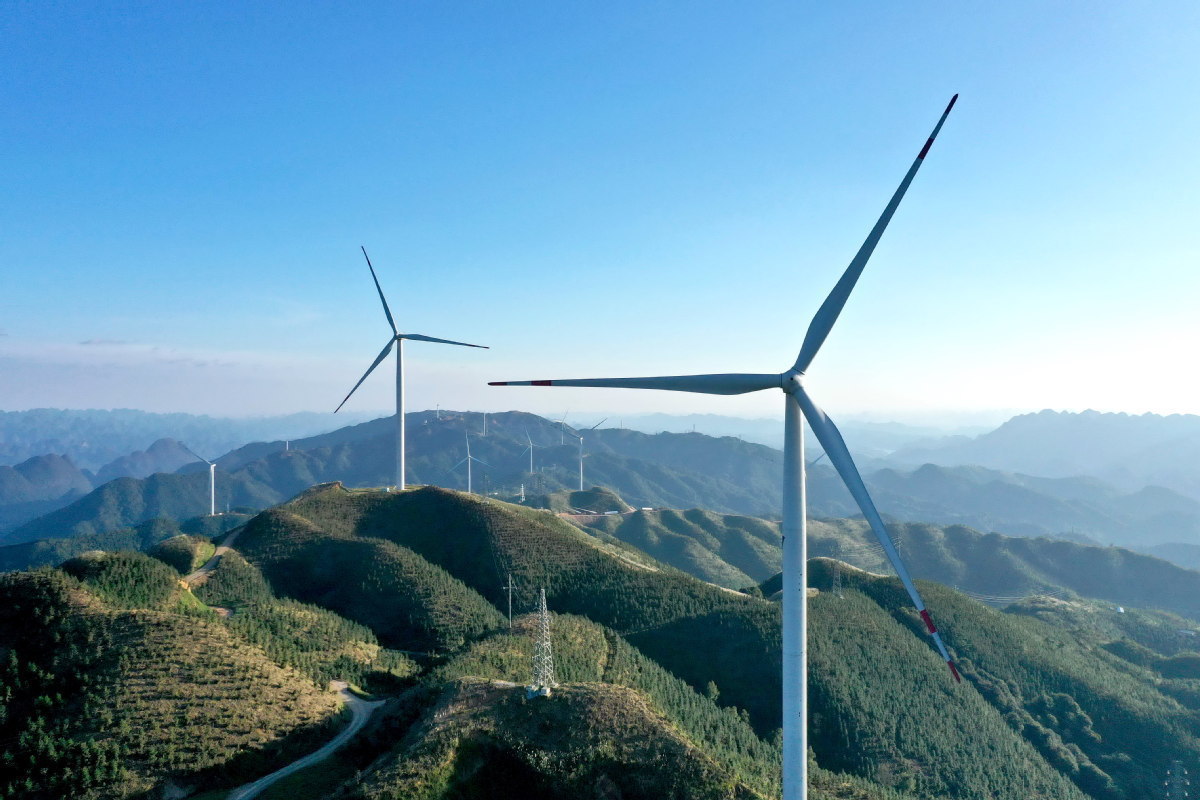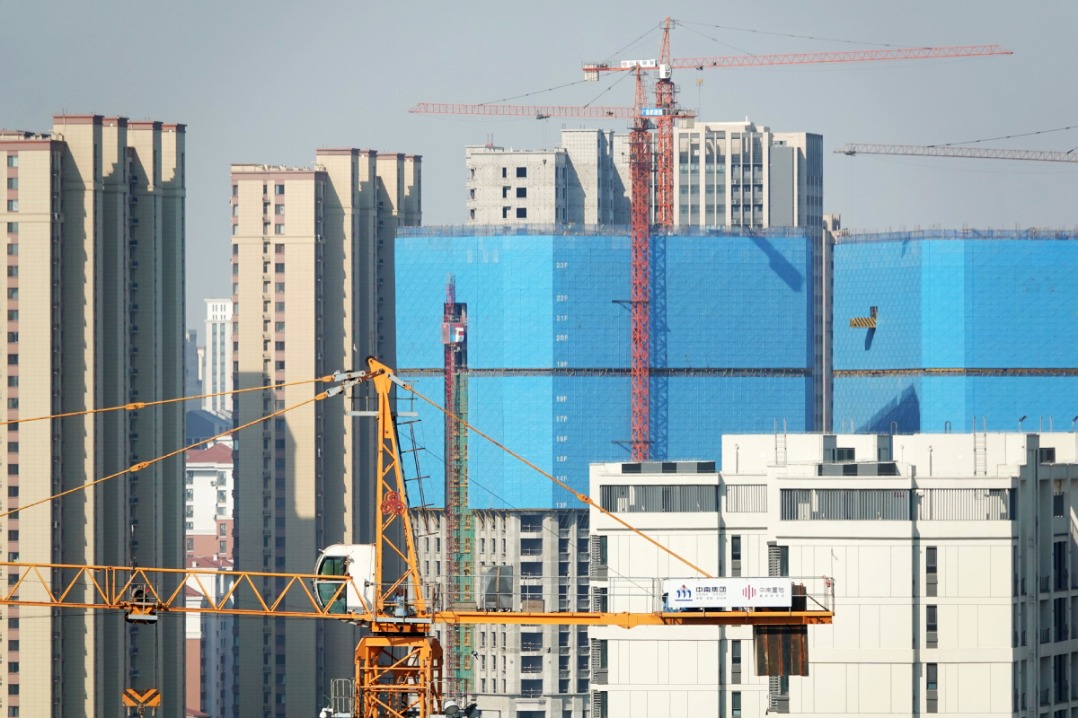Ecological governance boosts fight against climate change
By Yue Xiaohua | CHINA DAILY | Updated: 2021-08-19 07:27

The Intergovernmental Panel on Climate Change Working Group I report, "Climate Change 2021: the Physical Science Basis", which was released on Aug 9, is the most authoritative study on climate change, and will help improve global environmental governance and prompt countries to negotiate climate treaties. The IPCC report is expected to be high on the agenda of the 26th United Nations Climate Change Conference to be held in Glasgow, Scotland, in October-November.
Compared with the previous IPCC reports, the latest one emphasizes that many of the impacts of human activities on climate change are irreversible, indicating that the global fight against climate change needs to be strengthened to prevent further damage to the environment.
Natural disasters and extreme weather events such as cyclones, unusually heavy downpours, record high temperatures and uncontrollable forest fires have become more frequent in recent years due to climate change. To combat climate change, the European Union, Canada, Chile, Fiji and other economies have enacted climate change policies and set specific carbon emission targets.
On Sept 22, 2020, while addressing the 75th session of the United Nations General Assembly, President Xi Jinping said China will increase its nationally determined contributions (which according to the Paris Agreement embody a country's efforts to reduce national emissions and adapt to climate change), and take measures to ensure its carbon emissions peak before 2030 and realize carbon neutrality before 2060. Compared with other countries, China's intervening period between peak emissions and carbon neutrality is shorter. So China has to make arduous efforts to achieve the two goals.
China has included the two goals into national development plans and policy documents, such as the 14th Five-Year Plan (2021-25) for National Economic and Social Development and the Long-Range Objectives Through the Year 2035; the Guiding Opinions on the Coordination and Strengthening of the Work related to Climate Change and Ecological Environment Protection; and the Notice on Implementing Pilot Environmental Impact Assessment of Carbon Emission of Construction Projects in Key Industries issued by the Ministry of Ecology and Environment.
Also, some provinces have worked out road maps and action plans for reducing emissions. For example, Zhejiang province has devised a peak carbon neutralization scientific and technological innovation action plan, Hebei province has worked out a plan called "Measures for Coordinating and Strengthening Work Related to Climate Change and Ecological Environment Protection", and Chongqing municipality has made carbon emissions a part of the environmental impact evaluation and included it in the criteria to grant pollution discharge permits.
China's national carbon emissions trading system, which officially started operations on July 16, has the potential to play a key role in achieving China's long-term climate goals-of peaking emissions before 2030 and achieving carbon neutrality before 2060.
Under the guidance of the government, Chinese companies are making greater efforts to reduce emissions, with many companies in the energy generating and household appliance manufacturing sectors working out their road maps to achieve their respective targets of carbon neutrality.
And many retail companies and other organizations have introduced incentive plans to motivate consumers to buy energy-saving and low-carbon products to boost green consumption and encourage a low-carbon lifestyle. All this in order to help the country achieve its climate targets as soon as possible.
To achieve "net-zero emissions", however, China will need to undergo a profound economic and social transformation. And to choose the right path to carbon neutrality, China should reform key industries such as energy, transportation and construction, modify the production and consumption structure, and upgrade the technological standards.
As for specific measures, the role of the economy and the rule of law should be given full play by, for instance, improving laws, standard systems and government supervision, strengthening the market mechanisms including the green certificates and carbon emissions trading systems, and increasing publicity and education.
To better tackle climate change, we need the joint efforts of governments, NGOs, businesses, and people around the world. However, due to their different interests, political systems and technology development levels, many countries have not taken adequate, effective measures to combat climate change. As Inger Anderson, executive director of the United Nations Environment Programme, said at a news conference on Aug 9, only 110 of the 191 signatories to the United Nations Framework Convention on Climate Change have submitted new or updated nationally determined contributions ahead of the Glasgow climate conference.
In addition, exchanges and cooperation among countries in terms of funding, technology and human resources related to climate change also need to be strengthened to boost the global fight against climate change.
The author is an associate professor at the Institute of Law, Chinese Academy of Social Sciences. The views don't necessarily represent those of China Daily.
























